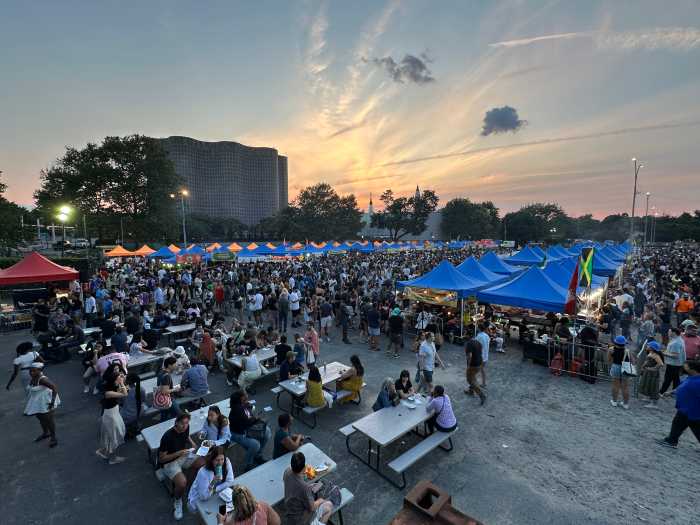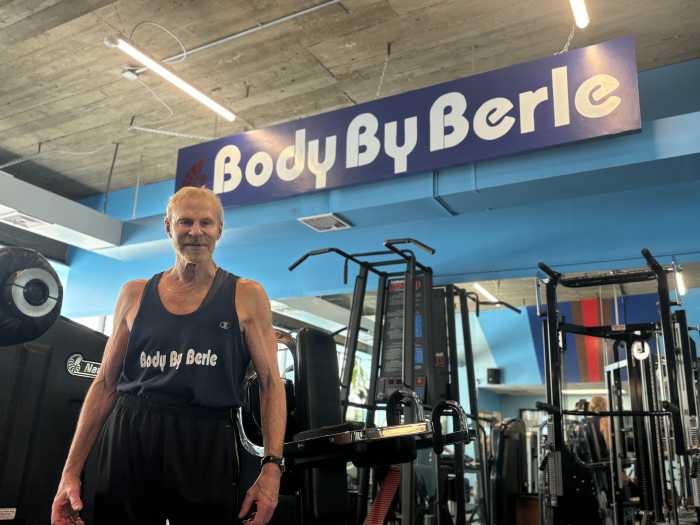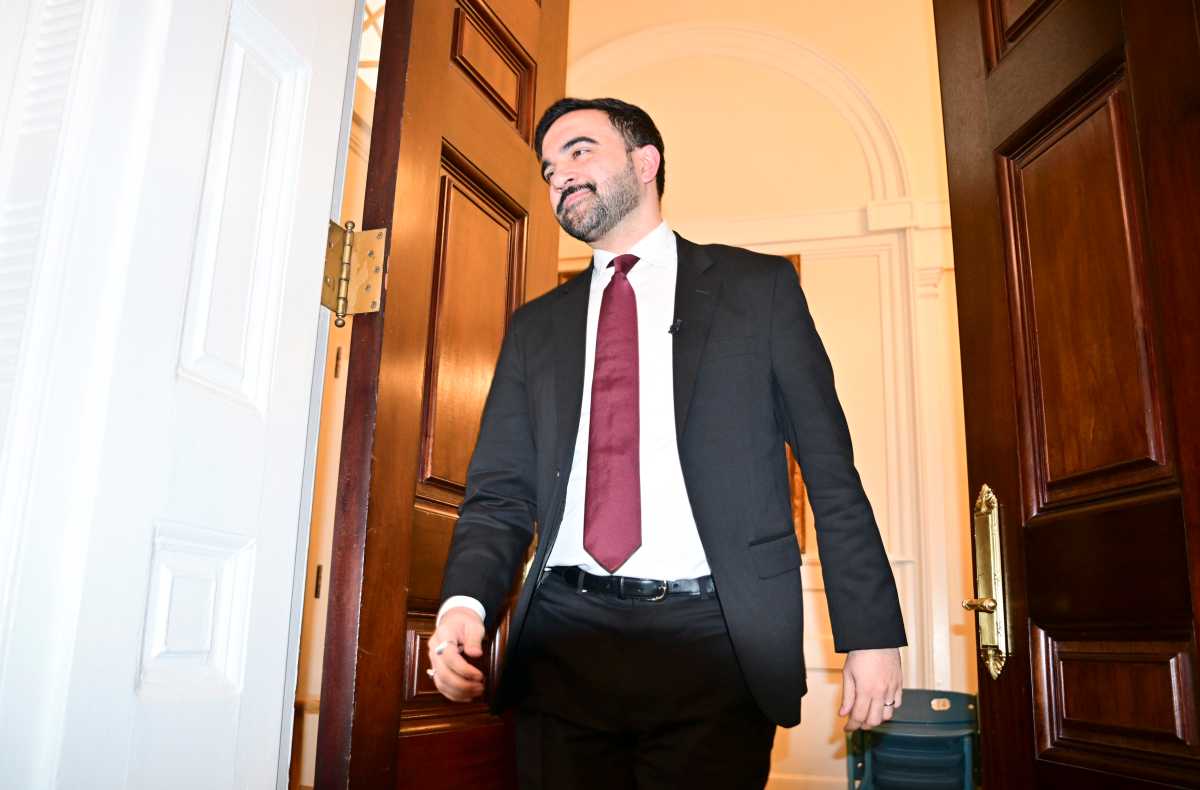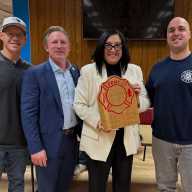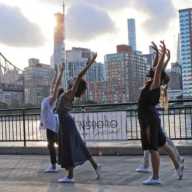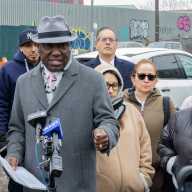Queens lags far behind Manhattan and Brooklyn when it comes to offering tech training and education programs, according to a new report from Tech:NYC and the Center for an Urban Future.
The new report shows the stark difference in tech education opportunities provided to New Yorkers across the city. While opportunities to break into and train for what is one of the fastest-growing sectors in the Manhattan are fairly robust, they’re slim everywhere else in the city, the report found.
“The tech sector has become an increasingly important source of middle-class jobs, but too few of these good jobs have been going to Queens residents,” said Jonathan Bowles, the executive director of the Center for an Urban Future. “We can change this, but it will require ensuring that a lot more of the borough’s residents have access to high-quality tech training and education programs.”
These programs include coding camps, robotics classes for children and teens, workforce training programs in IT support and bootcamps focused on software engineering or data science.
“There aren’t enough of these programs citywide, but the options are particularly limited in Queens,” Bowles said.
Queens is home to just under 10 percent of the city’s K-12 tech education programs and 20 percent of the city’s adult tech training programs. Almost 48 percent of all K-12 tech education programs are in Manhattan, and Brooklyn is home to about 32 percent of programs citywide. Like Queens, the Bronx and Staten Island have less than 10 percent of the city’s K-12 tech education programs.
But even in Queens, some neighborhoods are better off than others.
Programs for tech education for kids are nonexistent in a handful of Queens neighborhoods, according to the Center for an Urban Future.
The report — which is the first to officially count all tech education programs in the city, according to its authors — indicates that there are currently no K-12 tech education programs in Jackson Heights, North Corona, Bayside, Douglaston, Little Neck, Flushing, Murray Hill, Whitestone, Howard Beach or Ozone Park.
There’s just one K-12 tech education program between Jamaica, Hollis and St. Albans.
While Queens fares slightly better in its offerings of adult tech education programs when compared with the rest of the city — about 20 percent of the city’s adult programs are in the borough — several neighborhoods, including Ridgewood, Glendale, Middle Village, Howard Beach and Ozone Park, have none.
Ultimately, the report warns that this data shows major gaps in programing across the city and challenges that limit the effectiveness of efforts made to diversify the tech workforce and develop a local pipeline of talent for tech companies based in New York.
The Center for an Urban Future suggests policy makers and civic leaders should begin to make investments in diversifying the opportunities offered to people across the city, but in particular, to low- to middle-income New Yorkers.




